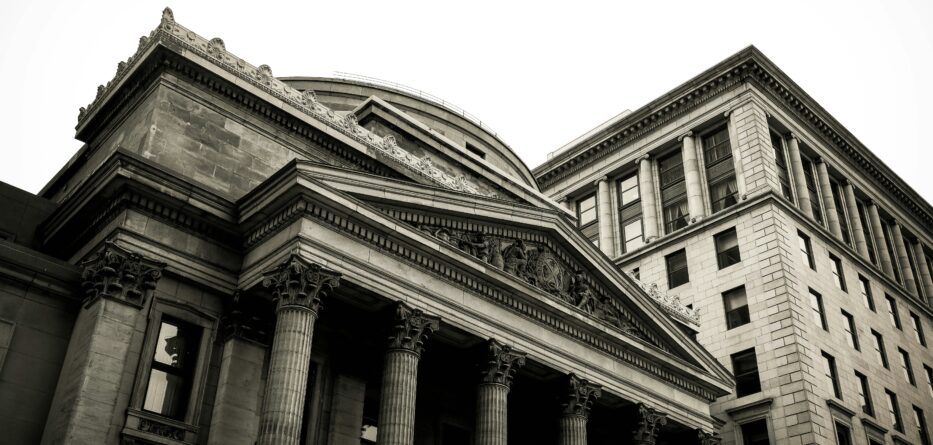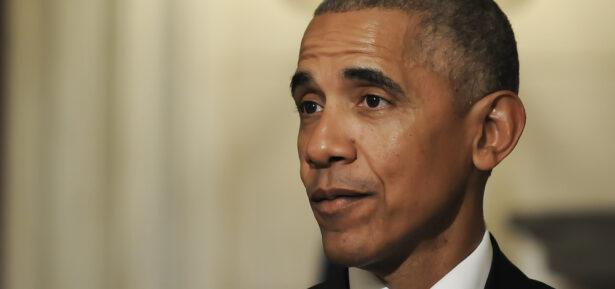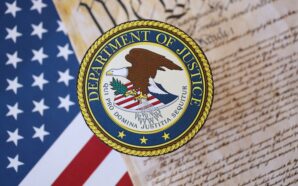
Credit: Unsplash
The Federal Reserve announced today that all 31 banks participating in its annual stress test have demonstrated their ability to withstand a severe hypothetical economic downturn while maintaining their capacity to lend to consumers and businesses.
In this year’s stress test, each bank met the requirement to absorb losses and retain capital above the minimum levels mandated by regulatory standards. The stress scenario included assumptions of a surge in unemployment to 10%, a 40% plunge in commercial real estate values, and a 36% drop in housing prices.
“This year’s results show that under our stress scenario, large banks would take nearly $685 billion in total hypothetical losses, yet still have considerably more capital than their minimum common equity requirements,” said Michael Barr, the Fed’s vice chair for supervision. “This is good news and underscores the usefulness of the extra capital that banks have built in recent years.”
The stress test, an annual regulatory exercise, ensures that banks maintain adequate reserves for potential bad loans and determines the limits on share repurchases and dividends. This year’s test included major institutions such as JPMorgan Chase, Goldman Sachs, American Express, and regional lenders like Truist.
Despite the aggregate capital levels falling by 2.8 percentage points—a steeper decline than last year’s—no bank faced significant challenges from the test’s assumptions, which were consistent with those used in the 2023 stress test. The decrease in capital levels is attributed to the banking industry’s increased holdings of consumer credit card loans and downgraded corporate bonds, coupled with squeezed lending margins compared to the previous year.
“While banks are well-positioned to withstand the specific hypothetical recession we tested them against, the stress test also confirmed that there are some areas to watch,” Barr added. “The financial system and its risks are always evolving, and we learned in the Great Recession the cost of failing to acknowledge shifting risks.”
Additionally, the Fed conducted an exploratory analysis on funding stresses and a potential trading meltdown, focusing on the eight largest banks. The results showed that these banks could withstand a sudden increase in deposit costs alongside a recession. In a scenario where five large hedge funds face collapse, the big banks would incur losses between $70 billion and $85 billion. The Fed noted that while the banks have significant exposure to hedge funds, they are resilient to various trading book shocks.
-
Credit: Shutterstock While the Super Bowl delivered its usual edge-of-your-seat action on the field, millions of fans made a...
-
Credit: Shutterstock The U.S. Department of Justice on Friday unveiled its most extensive disclosure yet in the Jeffrey Epstein...
-
Credit: Shutterstock Gold prices surged to a historic high this week, crossing the $5,300 per ounce threshold as strong...
-
Credit: Shutterstock In a dramatic reset aimed at cooling tensions, Border Czar Tom Homan has ordered Border Patrol leadership...
-
Credit: Shutterstock Bitcoin, the world’s largest cryptocurrency, has stumbled below the closely watched $89,000 level, reminding investors just how...
-
Credit: Shutterstock Bitcoin is back in the spotlight — and it’s making waves. The world’s largest cryptocurrency surged past...
-
Credit: Shutterstock Former President Donald Trump has once again ignited global controversy—this time by reviving his push for U.S....
-
Credit: Shutterstock Gold is having a moment — and it’s a big one. As global uncertainty rattles markets, gold...
-
Credit: Shutterstock Political tensions across the Americas surged this weekend after former U.S. President Donald Trump issued stark warnings...
-
Credit: Shutterstock Minnesota Governor Tim Walz responded Sunday to mounting concerns over a major fraud scandal after a viral...
-
Credit: Shutterstock Bitcoin gave the crypto community plenty to talk about this Christmas Eve, as prices dipped toward the...
-
Credit: Shutterstock The Department of Justice has reversed course and restored previously removed images from the Jeffrey Epstein document...




















